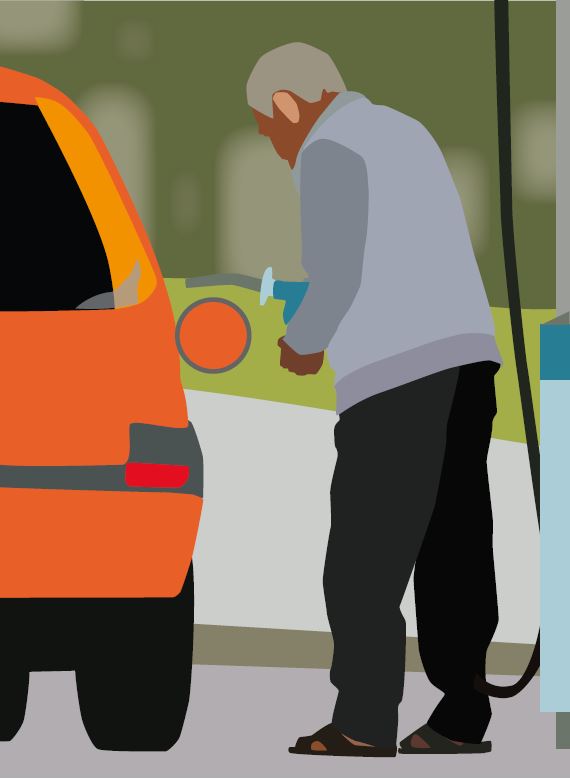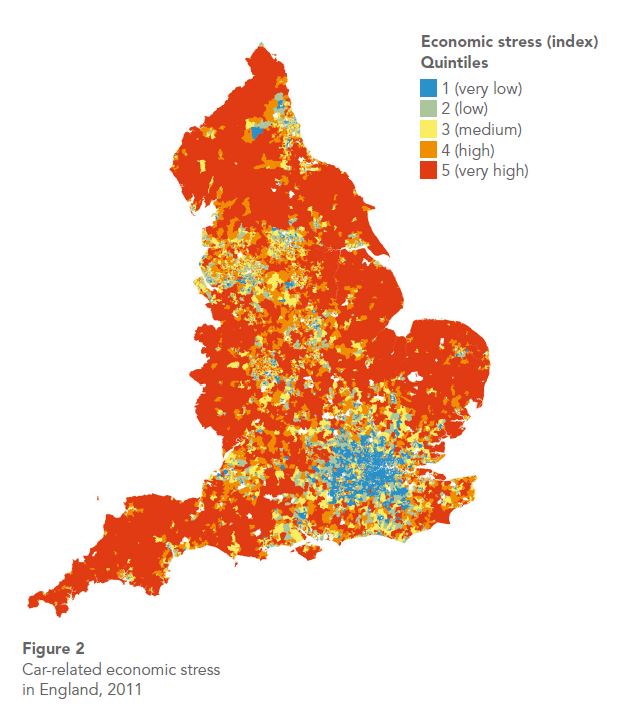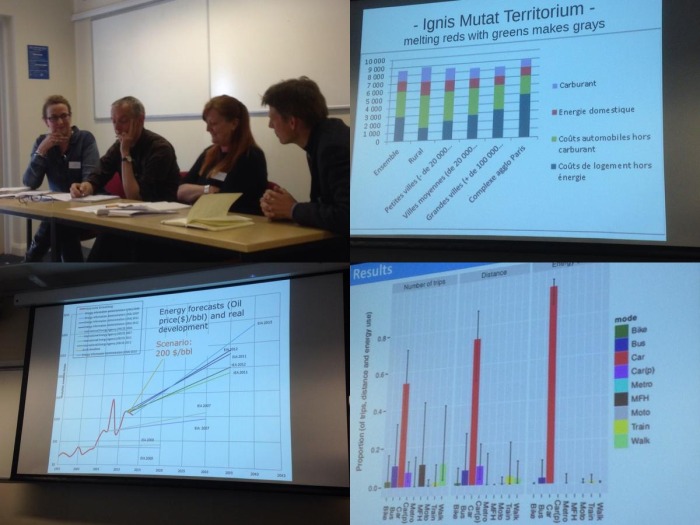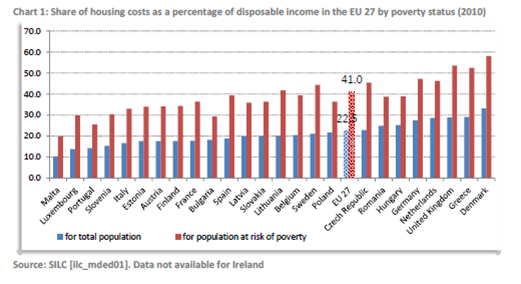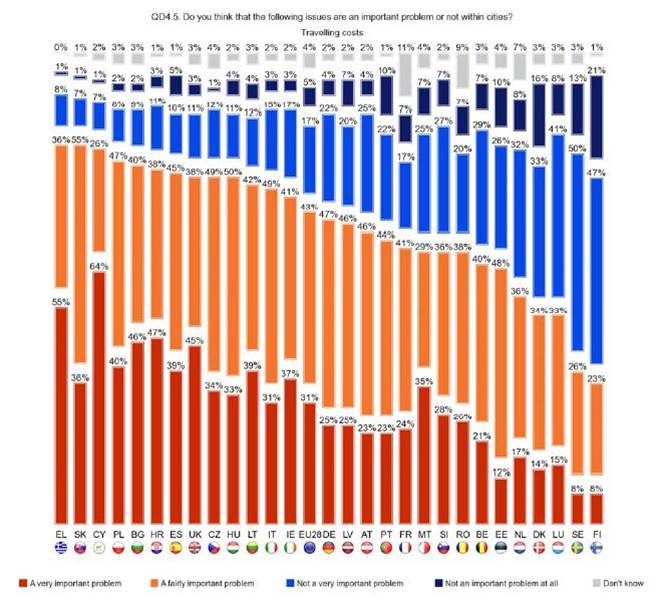The DEMAND Centre invites abstract submissions for its international conference to take place on April 13- 15 2016 in Lancaster, UK. The core of the conference programme will consist of 13 workshops organised into parallel streams.
More information on the conference (including the detailed call for papers) is available on DEMAND website.
Workshop 6: Energy and money
Convenors: Giulio Mattioli, Caroline Mullen and Greg Marsden (University of Leeds)
To understand energy demand, many researchers maintain that we need to investigate the specific ways in which energy is used in everyday life. This contrasts with the assumption that we can understand energy primarily a single commodity, which like other goods, can be translated as – ‘the grand equalizer’ – money. It is this economic approach to analysing energy demand which has been dominant in the transport and domestic energy sectors. Perhaps surprisingly, but in contrast, current accounts of energy-consuming practices often say little about how monetary resources can shape and constrain ‘what people do’, and the energy demand that results from it.
This workshop theme aims to gather theoretical, empirical and methodological approaches that cover the vacant middle ground between these approaches. It will bring into conversation research from within and beyond DEMAND and from a range of disciplines, to develop original insights into how monetary resources are involved, alongside other factors, in making and transforming energy demand. Possible topics include, for example:
– the relationships between poverty and energy use (e.g. fuel-, transport- and energy-poverty);
– the distinctive energy consumption practices of the wealthiest sectors of society;
– the distributional impacts and justice implications of energy policies such as taxes, subsidies and pricing;
– the impacts of changes in how public money is spent (e.g. austerity) on energy-consumption;
– the role of private household debt/credit in sustaining and making possible a variety of (often unsustainable) energy-consuming practices;
– methodological approaches to using expenditure data as a trace of energy consuming practices
This workshop will be based around a set of pre-written papers and associated presentations, with other activities such as panel discussions potentially to be included.
Abstract submissions
Abstracts of around 400 words should be submitted by the deadline of 28th September 2015 using the online submission system, which will be available at the latest by 24th August. Decisions on accepted papers will be made by workshop convenors, whom you may contact before the submission deadline to advise on relevance and fit.
All accepted participants will be required to prepare a written version of their paper (normally between 3000 and 4000 words in length) by the deadline of 1st March 2016. We plan to make all papers available as online proceedings. However, authors may decline to have their papers published in this form
Please contact Giulio Mattioli (G.Mattioli@leeds.ac.uk) if you have any questions about this workshop


